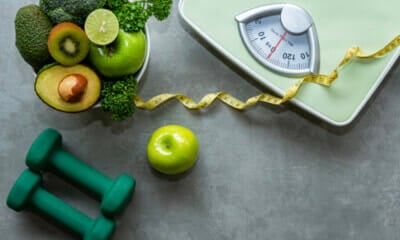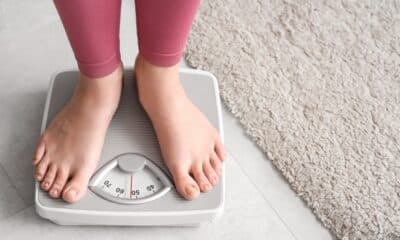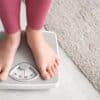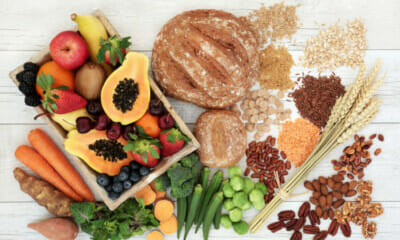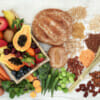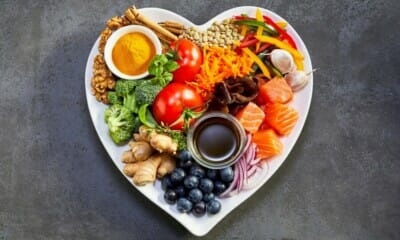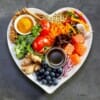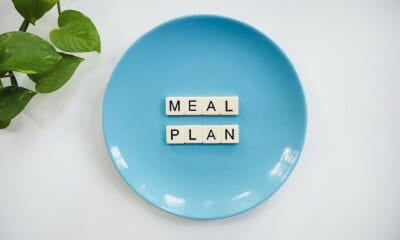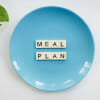Things You Should Know About Your Daily Protein Needs
How Much Protein Should You Eat Daily? This question has come up a lot of times in my previous posts where we discussed Protein.
The ideal protein intake depends on a lot of factors like age, gender and activity level to name a few. The standard measure used by nutritionists to calculate the minimum daily protein requirement is –
Weight in kilograms * .8 OR Weight in pounds *.37
People who workout regularly and indulge in weight training need extra protein. Ideally, the protein requirement for such people goes up to 1.2-1.7 grams of protein for each kg weight. For professional athletes, this figure goes up to 2gms of protein for each kg of body weight.
For people on a low-carb diet, it is recommended that 10-35% daily calories come from protein. Increased protein is known to increase lean mass, promote weight loss, and treat obesity.
When you are aging, your protein intake should increase. You may argue that elderly folks don’t workout in the gym like we do and hence no need for more protein. My take is that increasing protein will improve their stamina and will keep up their will to live longer. Ideally, elderly people need 1-1.4 gms protein per kg of body weight.
Now, if you are wondering about the protein that our body stocks, let me clarify that we need an external dose of protein since our body has little capacity to store protein, unlike fat. If we stop eating protein, our body would start burning muscle.
Just for an easy reference here is a list of the best protein sources to choose from. These are nutrient-rich and lower in saturated fat and calories.
- Beans
- soy
- meat (lean)
- poultry (eggs)
- dairy (low fat)
- Seafood
- Nuts and seeds
- 1/2 cup low-fat homemade cottage cheese —- 12.4g
- 3 ounces firm tofu—- 9g
- 1/2 cup lentils cooked —- 9g
- 2 tablespoons nut butter —- 6.5 -7g)
- 3 oz chicken breast skinless —- 26g
- 3 oz fish fillet —- 17-20g
- 1/2 cup cooked kidney beans —- 7.7g
- 1-ounce common almonds —- 6g
- 1 large egg —- 6g
- 4 ounces plain yogurt (low-fat) —- 6g
- 4 ounces milk (Soy) —- 3.5g
- 4 ounces milk (low-fat) —- 4g
So, choose your protein and start including it in your meals as per your requirement. Read about Whey protein here and here. Read about soy protein supplements here.


